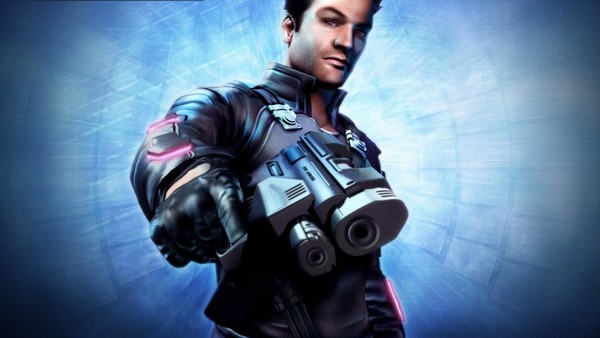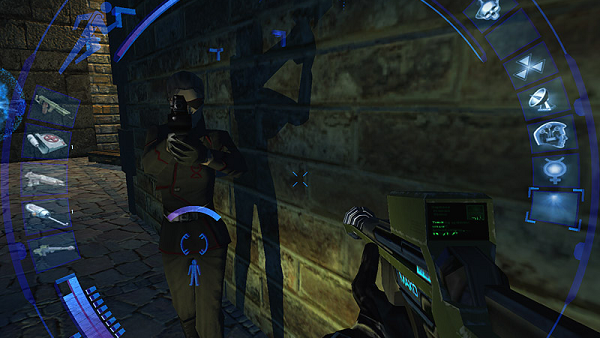Deus Ex FAILED For This Reason
A Misfire Of A Follow-Up

It didn't take long for Ion Storm to get to work on a sequel to Deus Ex, though what they would create ended up being a considerable step-down. Invisible War was released in 2003 and took place several decades after the original game. Players were placed in the shoes of Alex D, who finds himself (or herself) contending with further bio-terrorist threats around the world.
Initially, Invisible War looked to offer a collection of refinements on what had come before and this went hand-in-hand with its development for both PC and the original Xbox. A radial menu was designed to incorporate the console controls, allowed Alex D to pick between their unique abilities on the fly. This was able to improve the established first-person-perspective, allowing for easier swaps between upgrades. The addition of weapon customisation was also a welcome addition, allowing Alex to add more variation to how their tools functioned.

The graphical design and level of choice within the gameplay were both praised and on the whole, Invisible War was met with a glowing critical reception at first. However, perspectives from the development team in Austin revelled the team was dissatisfied with the title and this would carry into later reflection. Making a sequel to a ground-breaking title was no easy task and the 2003 release ultimately fell short. There was no denying that the overall package had inched too far towards full-on science fiction and in doing so, lost the franchise's identity
On retrospect, Invisible War has been met with disappointment from both critics and audiences alike, its few strengths quashed by a fundamental misunderstanding of what made the original work. Ironically enough, it would go on to sell more than the original at 1.2 million copies. This was undoubtedly assisted by its release on the Xbox, which alongside the PS2 port of the first game would pave the way for the next outing on seventh generation consoles.